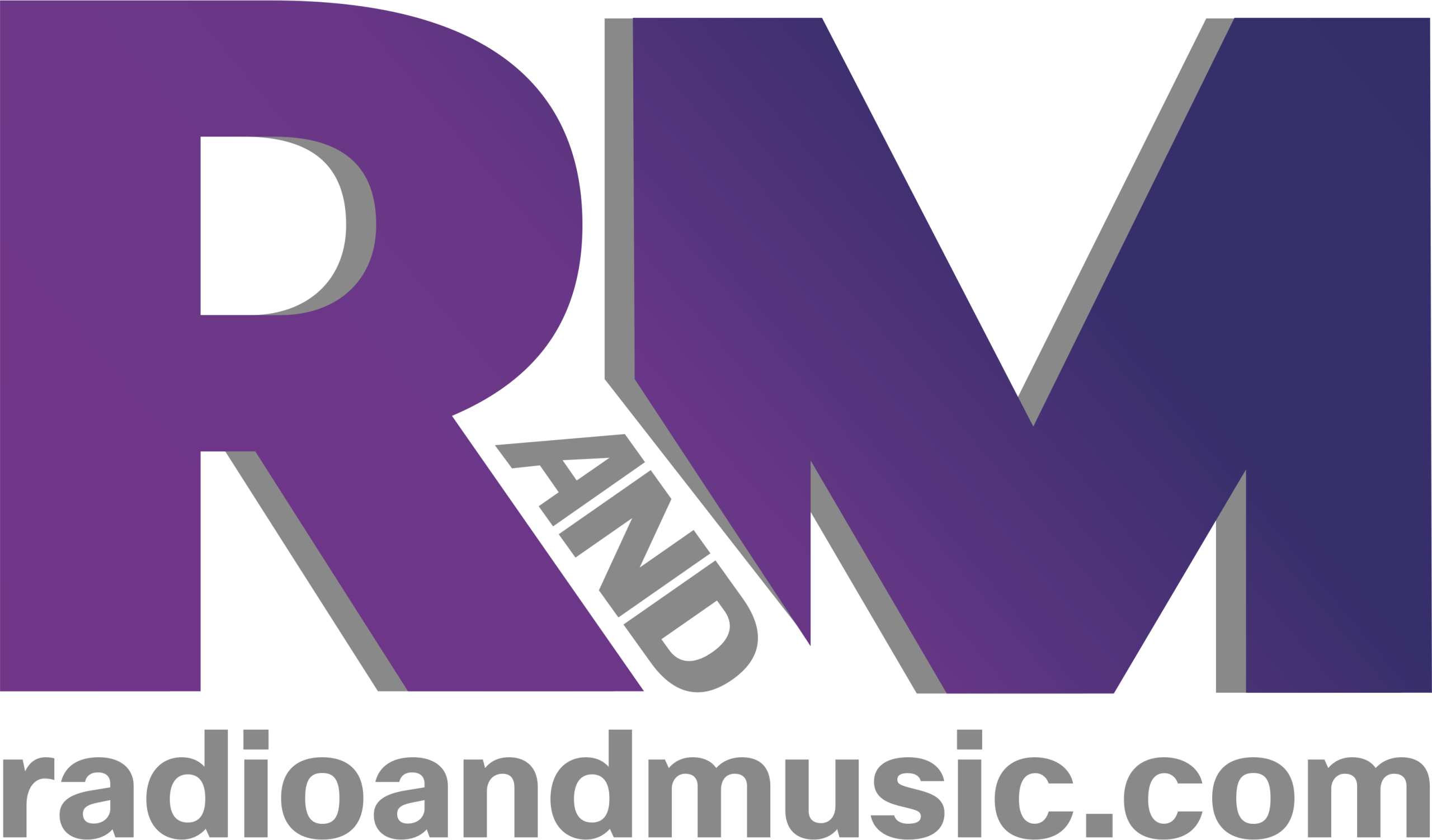MUMBAI: National Association of Broadcasters 2009 — Global Security Systems (GSS) today announced the debut of FM radio data chips plus RDS-based protocol for cell phones and consumer electronics. GSS partnered with mixed-signal leader Silicon Laboratories (Nasdaq: SLAB) have been working together for over three years to develop government and commercial FM-based message distribution systems and receiver chip designs supporting the Radio Data Service (RDS) aspects of FM broadcasting. The integrated technologies provide cell phone users with FM listening, and add the important feature of State and Federal emergency messaging via the FM broadcast infrastructure. The benefit of this system is the ubiquitous FM broadcast infrastructure and its reliability during natural disasters, weather events and man-made emergencies.
Silicon Labs’ embedded FM antenna technology further enhances the system by allowing the FM receiver to use internal antennas inside the mobile device instead of requiring plugged-in headphone wires. This allows mobile devices to remain constantly connected to the FM alerting system, while capitalizing on power-saving mechanisms inherent in the GSS protocol to consume very little current. In addition to the advanced power-saving features in the GSS technology, the RDS-based signaling supports targeted messaging to micro geographies, over-the-air programming and activation, scanning algorithm to allow receivers to roam uninterrupted nationwide and addressable down to the chip level much like an ESN in a cellular devices.
Mr. Tyson Tuttle, Vice President of Silicon Laboratories Broadcast Products said, “We have worked with GSS since 2005 and believe the GSS protocols in conjunction with Silicon Labs’ leading FM RDS broadcast receiver technology enable cellular and portable device customers to significantly differentiate their products.”
Mr. Robert L. Adams, President and CEO of Global Security Systems added, “Silicon Labs has enabled the FM-based data messaging business to explode across the US with the introduction of superior FM tuner chips providing mobile and fixed consumer electronics manufacturers to provide new and cost-effective features to their products including emergency alerts, thus saving lives.”
Silicon Labs, an innovator in the design and manufacture of mixed signal ICs (those that process both analog and digital signals on a single silicon ‘chip’), has introduced a family of FM receiver ICs that support integrated antennas, digital audio out, worldwide FM band support and Radio Data System (RDS) technology, all on a single chip measuring 3 millimeters on a side. Silicon Labs’ ICs use a patented tuned-resonance technology which allows integrated FM antennas constructed of printed circuit board (PCB) traces, loops, stubs or other devices to perform as well or better than the headset-cord wired antennas they replace.
Founded two years after the attacks of September 11, 2001, GSS served on the FCC-established committee to develop Commercial Mobile Alert Standards (CMAS), in part because it had developed a technology, marketed as AlertFM, which emergency management officials can use to create and send digital alerts and messages, including National Oceanic and Atmospheric (NOAA) weather warnings, evacuation instructions, homeland security notices, Amber Alerts and other emergency information to first responders, school officials, businesses and citizens based on geographic or organizational groupings.
GSSNet Alert FM is currently installed throughout the country and emergency alert network covers over 90 million persons. The devices currently receive content from broadcasting partners, as well as state and local agencies to ensure wide distribution of NOAA, DHS and Federal Emergency Management Agency (FEMA) content including Presidential Alert, Amber Alert and Imminent danger alerts. Partners such as Northrop Grumman currently manage the information technology infrastructure at Emergency Operating Centers in 80 U.S. cities, many of whom actively test systems under the Urban Area Security Initiative (UASI).












